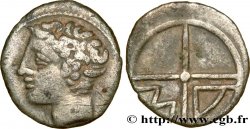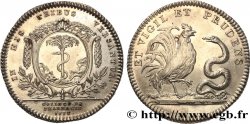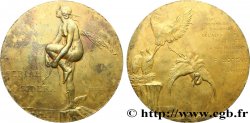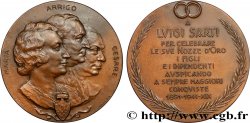You must signin and be an approved bidder to bid, LOGIN TO BID. Accounts are subject to approval and the approval process takes place within 48 hours. Do not wait until the day a sale closes to register. Clicking on "BID" constitutes acceptance of the terms of use of cgb.fr private live auctions.
Bids must be placed in whole Euro amounts only. The sale will start closing at the time stated on the item description; any bids received at the site after the closing time will not be executed. Transmission times may vary and bids could be rejected if you wait until the last second. For further information check the Live auction FAQ
All winning bids are subject to a 18% buyer’s fee.
All winning bids are subject to a 18% buyer’s fee.
| Estimate : | 120 € |
| Price : | 100 € |
| Maximum bid : | 178 € |
| End of the sale : | 14 November 2023 18:44:09 |
| bidders : | 2 bidders |
Type : Médaille, Concours central hippique de Paris
Date: 1933
Metal : gold plated silver
Millesimal fineness : 850 ‰
Diameter : 49,5 mm
Orientation dies : 12 h.
Engraver BOUCHARD Henri (1875-1960)
Weight : 58,45 g.
Edge : lisse + corne 2ARGENT
Puncheon : Corne 2 ARGENT
Coments on the condition:
Belle médaille dorée, présentant quelques points d’usure sur certains reliefs
Obverse
Obverse legend : ANÉPIGRAPHE.
Obverse description : Cheval de trait tenu par un homme avec une longe. Signé : BOUCHARD.
Reverse
Reverse legend : R. F. - MINISTERE DE L’AGRICULTURE // CONCOURS CENTRAL / HIPPIQUE PARIS 1933 / HENRI QUEUILLE / MINISTRE DE L’AGRICULTURE.
Reverse description : Légende semi-circulaire et en 4 lignes dans un cartouche posé sur une couronne d’épis de blé.
Commentary
La médaille, conservée dans son écrin en cuir vert gaufré en lettres dorées MINISTERE DE L’AGRICULTURE, a été décernée au docteur Henri Queuille (1884-1970) maire d’Ussel, député de la Corrèze (1914-1935), sénateur de la Corrèze (1935-1940 et 1946-1958), secrétaire d’État et ministre d’agriculture, 3 fois chef du gouvernement sous la IVe République.







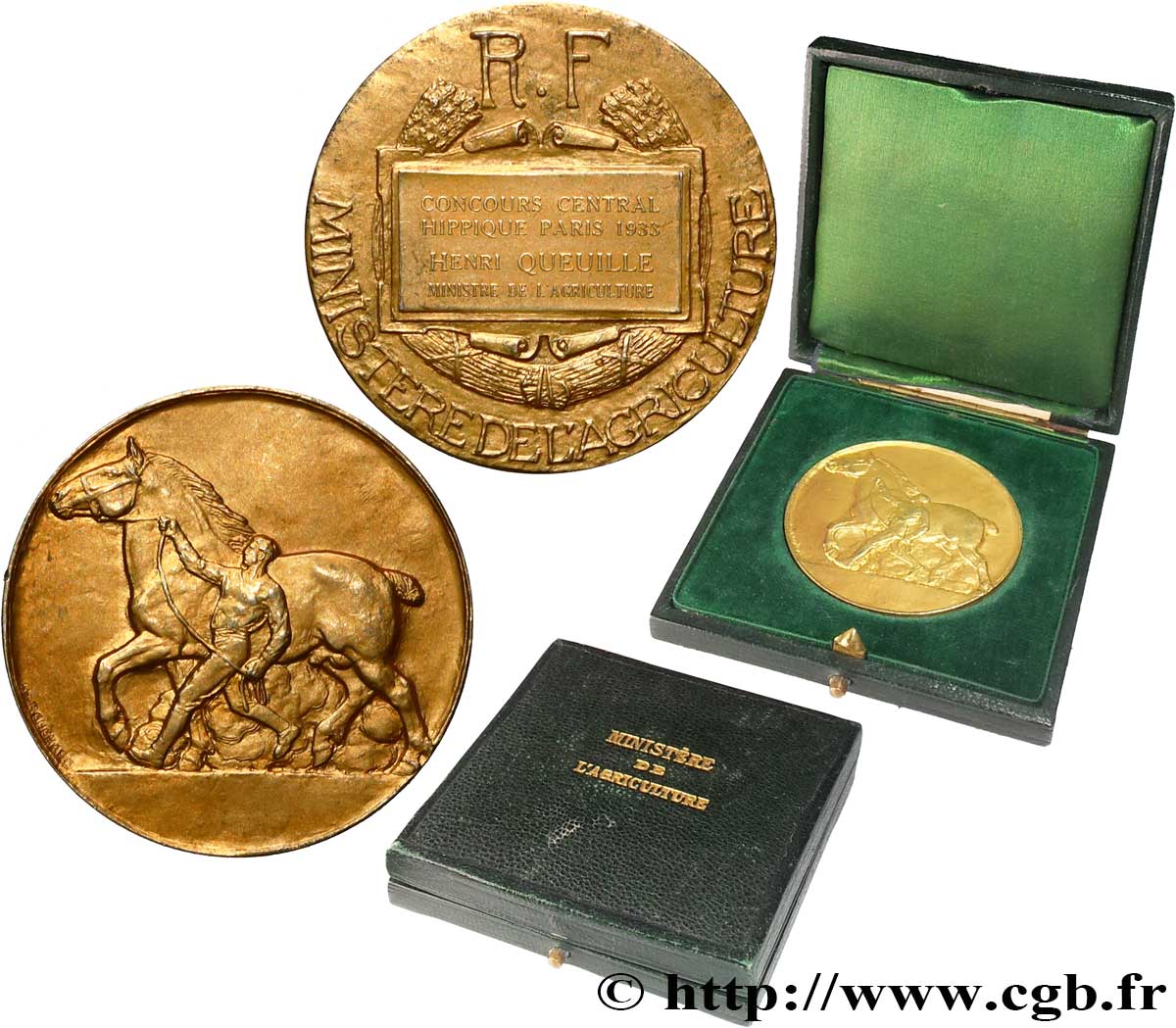
 Report a mistake
Report a mistake Print the page
Print the page Share my selection
Share my selection Ask a question
Ask a question Consign / sell
Consign / sell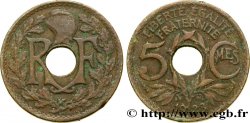
 Full data
Full data




